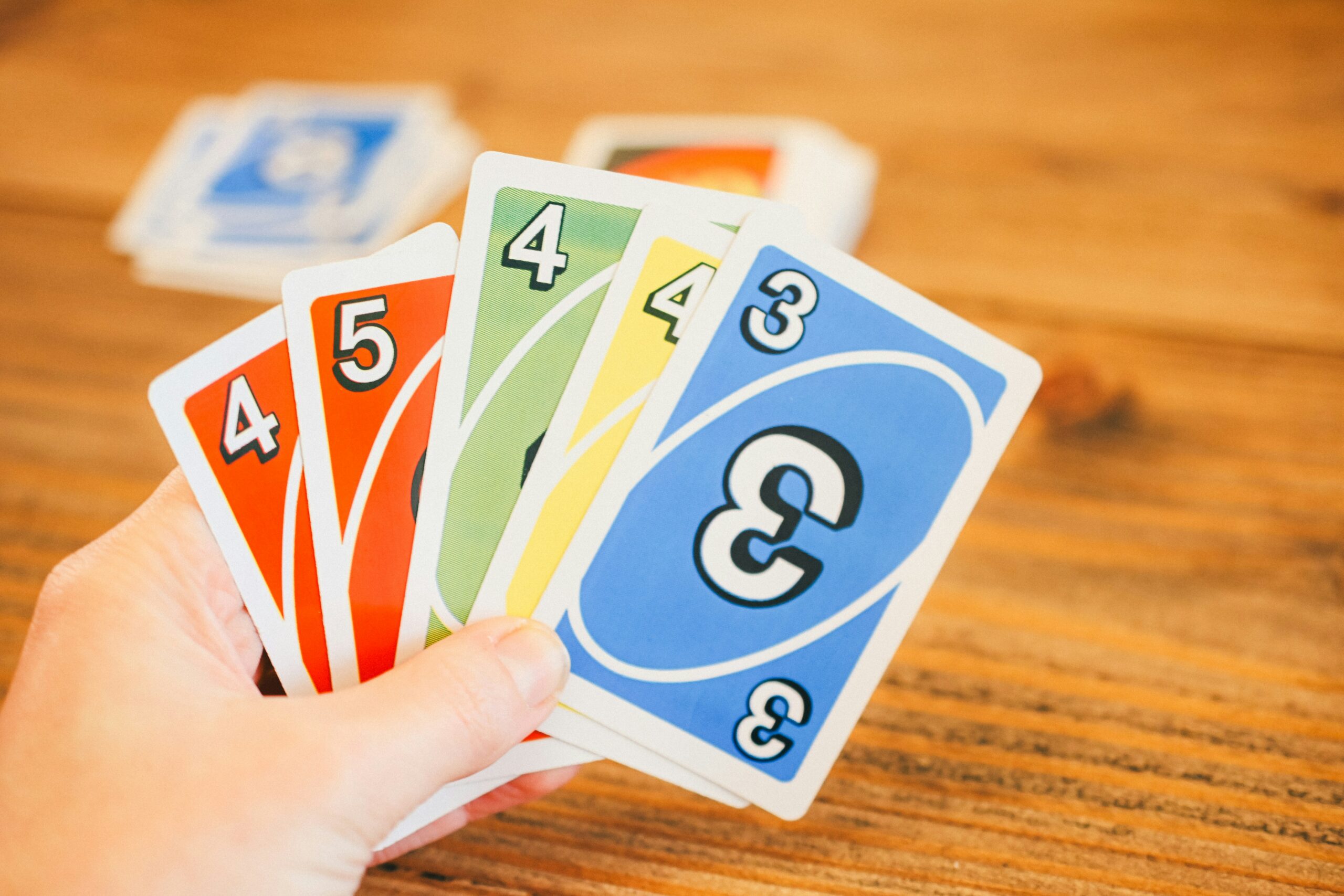In a world where screens dominate children’s leisure time, traditional forms of play like card games might seem like relics of the past. However, the enduring popularity of card games among children holds valuable lessons that extend far beyond entertainment. From enhancing cognitive skills to fostering social development, card games have a profound impact on the way children learn. In this article, we delve into the educational benefits of card games and explore how they shape childhood learning experiences.
Cognitive Development
- Card games provide a stimulating environment for cognitive development. Games like Uno, Go Fish, and Crazy Eights require players to strategize, plan ahead, and adapt to changing circumstances.
- Children learn to recognize patterns, develop critical thinking skills, and exercise their memory as they remember the cards played by opponents.
- Math skills are reinforced through counting cards, calculating probabilities, and making quick decisions based on numerical values.
Social Skills
- Card games offer a platform for social interaction and collaboration. Whether playing with family members, friends, or peers, children learn important social skills such as communication, cooperation, and sportsmanship.
- Turn-taking and following rules teach children the importance of patience, fairness, and respecting others.
- Negotiation and conflict resolution arise naturally during gameplay, providing valuable lessons in diplomacy and compromise.
Emotional Regulation
- Winning and losing are integral parts of playing card games, offering opportunities for emotional growth and resilience.
- Children learn to manage disappointment and frustration when faced with defeat, while experiencing the joy of success when they emerge victorious.
- Dealing with setbacks in a supportive environment helps build emotional regulation skills and fosters a healthy attitude towards competition.
Language and Literacy
- Many card games involve reading and interpreting instructions, cards, and rules, which promotes literacy skills.
- Through verbal communication and discussion during gameplay, children expand their vocabulary, practice articulating thoughts, and improve comprehension skills.
- Card games that involve storytelling or imaginative play, such as storytelling card decks, enhance creativity and narrative development.
Strategic Thinking
- Card games encourage strategic thinking and problem-solving skills. Players must analyze the game state, anticipate opponents’ moves, and devise effective strategies to achieve their objectives.
- Decision-making becomes a central aspect of gameplay, as children weigh the risks and rewards of different actions.
- Strategic thinking extends beyond the game itself, as children transfer these skills to other areas of life, such as academics and decision-making in real-world situations.
Conclusion
In a digital age characterized by instant gratification and passive entertainment, the enduring appeal of card games offers a refreshing alternative that promotes active learning and skill development. From enhancing cognitive abilities to fostering social and emotional intelligence, card games have a profound impact on childhood learning experiences. As parents, educators, and caregivers, recognizing the educational value of card games can help us harness their potential to support children’s holistic development and prepare them for success in life. So, the next time you gather around the table for a game of cards, remember that you’re not just playing – you’re learning, growing, and building valuable skills that will last a lifetime.
